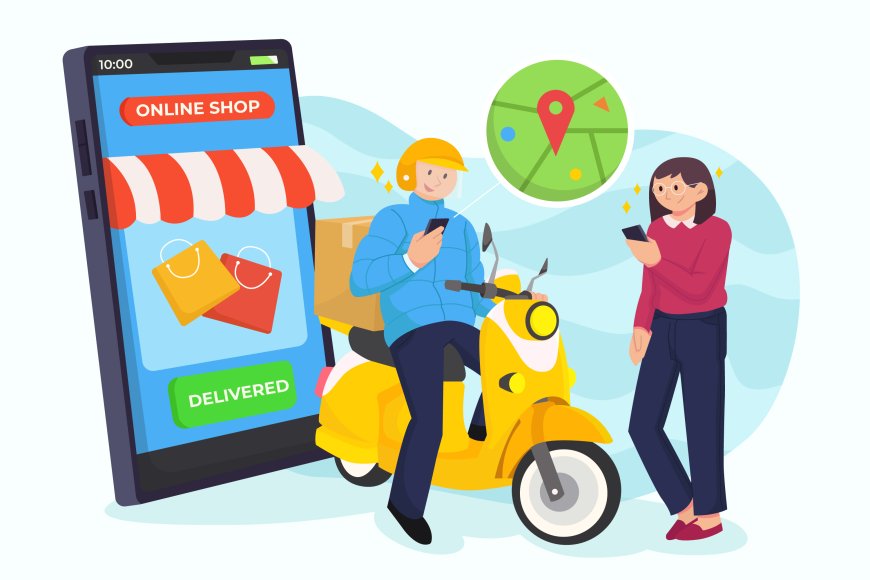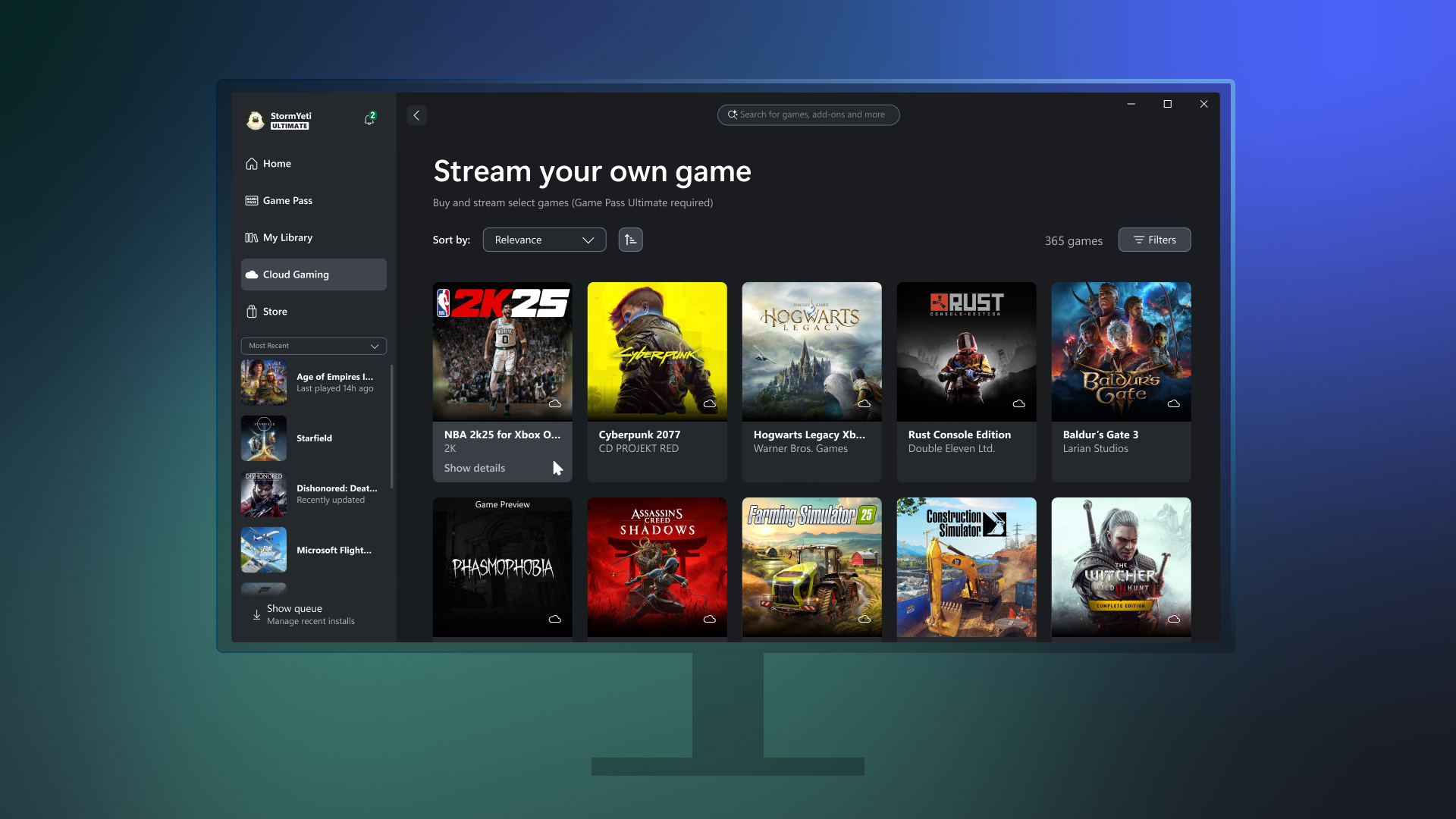What Are On-Demand Pickup and Delivery App Solutions?
On-demand pickup and delivery apps let users request, track, and manage item deliveries quickly through mobile or web platforms.

In today’s fast-paced world, convenience drives consumer choices. On-demand pickup and delivery app solutions answer this demand by offering quick, easy, and reliable services that connect customers with businesses or couriers. These apps play a crucial role in how goods move from one place to another, catering to a variety of industries from food and groceries to retail and healthcare.
This blog breaks down the key elements of on-demand pickup and delivery app solutions, their benefits, main features, and how they impact businesses and consumers alike.
What Defines On-Demand Pickup and Delivery Apps?
On-demand pickup and delivery apps allow users to request a service where a product or item gets collected from a specific location and delivered to their doorstep or another address, often within a short time frame. As a result of growing demand, pickup and delivery app development has become essential for businesses looking to offer fast and flexible service. These apps act as digital platforms linking customers, businesses, and couriers, making the entire process faster and more efficient.
How These Apps Work
On-demand pickup and delivery apps follow a simple process to get your items from pickup to drop-off quickly and efficiently:
- Order Placement: Customers open the app, select the items they want delivered or schedule a pickup.
- Matching: The app connects the order with the nearest available courier or delivery personnel.
- Pickup: The courier collects the item from the specified location.
- Delivery: The courier delivers the item to the recipient's address.
- Payment and Feedback: Users complete payment through the app and may provide ratings or reviews.
By simplifying these steps, these apps save time and reduce friction in the delivery process.
Key Features of On-Demand Pickup and Delivery App Solutions
To function effectively, these apps include several essential features that address both customer convenience and business operations.
Real-Time Tracking
Users can monitor their orders in real-time, knowing exactly when the courier will arrive. This feature reduces uncertainty and improves communication.
Easy Order Placement and Scheduling
Customers enjoy quick order placement with clear options for scheduling deliveries or pickups, whether immediate or at a chosen time.
Secure Payment Systems
Multiple payment methods, including digital wallets and credit cards, ensure that transactions are secure and hassle-free.
Automated Notifications
Push notifications keep customers and couriers informed at every stage, such as order confirmation, pickup arrival, and delivery completion.
Courier and Driver Management
Businesses manage their delivery workforce through the app, assigning tasks based on location and availability, which increases efficiency.
Industries Leveraging On-Demand Pickup and Delivery Apps
These app solutions serve many sectors by addressing unique delivery challenges and customer expectations.
Food and Grocery Delivery
Food delivery apps became household essentials during recent years. They connect customers with restaurants and grocery stores, enabling fast delivery of meals and daily essentials. Users can track their orders live, increasing transparency and trust.
Retail and E-commerce
Retailers use these apps to offer home delivery or curbside pickup options. This improves customer satisfaction by offering flexibility in receiving purchases, whether it’s clothing, electronics, or household goods.
Healthcare and Pharmacy
Pharmacies and healthcare providers rely on on-demand delivery apps to send medicines and medical supplies quickly. This service can prove lifesaving in urgent cases, providing easy access to essential products without leaving home.
Courier and Logistics Services
Companies providing courier and logistics services integrate these apps to handle parcel deliveries, document transfers, and return services efficiently. The apps enhance route management and real-time tracking, boosting overall productivity.
Benefits of Using On-Demand Pickup and Delivery Apps
Both customers and businesses benefit from using these apps in numerous ways.
For Customers
- Convenience: Customers can place orders anytime and receive deliveries without stepping out.
- Time-Saving: Eliminates the need to travel or wait in long lines.
- Transparency: Real-time updates and accurate ETAs improve trust.
- Variety: Access to multiple vendors or stores within a single app broadens choices.
For Businesses
- Increased Reach: Businesses tap into a wider audience beyond physical store limits.
- Improved Customer Satisfaction: Faster deliveries and transparent processes lead to happier customers.
- Cost Efficiency: Optimized delivery routes and workforce management reduce operational costs.
- Data Insights: Apps collect valuable data on customer preferences and delivery patterns, helping businesses refine their strategies.
Challenges Faced by On-Demand Pickup and Delivery Apps
Despite their popularity, these apps face several challenges that providers must address.
Logistics Complexity
Managing multiple deliveries and pickups across different locations can get complicated, requiring robust route optimization.
Courier Availability
Ensuring enough couriers during peak times or in less populated areas remains a constant hurdle.
Quality Control
Maintaining product quality during transport, especially for food or fragile items, demands careful handling and clear protocols.
Customer Expectations
Meeting the demand for faster delivery windows while keeping costs low puts pressure on businesses and delivery networks.
Future Trends in On-Demand Pickup and Delivery Apps
Technology continues to shape how these services evolve.
AI and Machine Learning
AI powers smarter routing, demand forecasting, and personalized offers to enhance the delivery experience.
Autonomous Delivery Vehicles
Drones and self-driving vehicles promise to reduce delivery times and operational costs once regulatory and technical challenges are resolved.
Sustainable Delivery
Apps increasingly focus on eco-friendly delivery options, using electric vehicles or bicycle couriers to reduce carbon footprints.
Integration with IoT
Smart devices and connected infrastructure improve tracking, storage conditions, and security throughout the delivery process.
How Businesses Can Choose the Right On-Demand Delivery App Solution
Selecting the best app solution depends on specific business needs and customer expectations.
Identify Core Requirements
Define what kind of deliveries you handle (food, retail, medical) and your expected delivery radius.
Look for Customizable Features
Choose apps that allow flexibility in order management, payment gateways, and notification settings.
Evaluate Scalability
Ensure the app can grow with your business and handle increased demand during peak seasons.
Consider User Experience
A simple, intuitive interface attracts and retains customers while supporting smooth courier operations.
Conclusion
On-demand pickup and delivery app solutions have transformed how goods reach consumers by connecting people, businesses, and couriers in an efficient digital ecosystem. These apps offer convenience, speed, and transparency, meeting the demands of modern lifestyles. As technology advances, these solutions will continue improving delivery efficiency and customer satisfaction, making them essential tools for businesses in multiple sectors.
By understanding the features, benefits, challenges, and future trends of these apps, businesses can make informed decisions and leverage the power of digital delivery to thrive in a competitive market.
What's Your Reaction?
 Like
0
Like
0
 Dislike
0
Dislike
0
 Love
0
Love
0
 Funny
0
Funny
0
 Angry
0
Angry
0
 Sad
0
Sad
0
 Wow
0
Wow
0



































